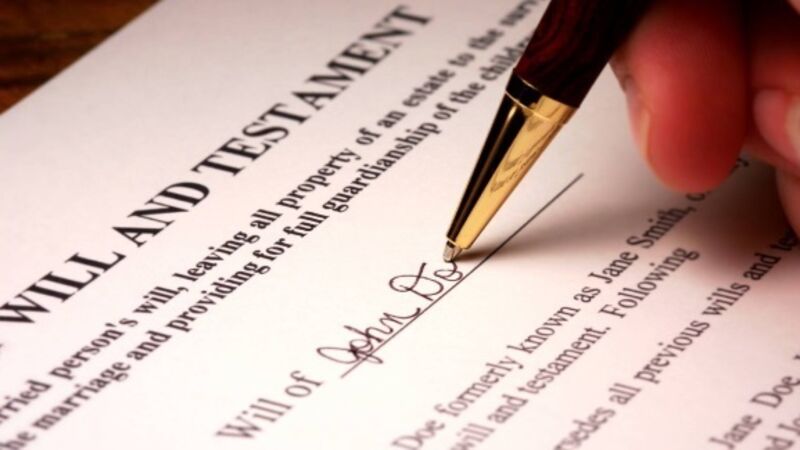This is why you should save your family from stress and make a will

None of us relish the idea of making a will — the thought of not being around anymore or being able to provide for our families, is just too heartbreaking to contemplate.
But it has to be done because if the worst happens and our lives end prematurely, our loved-ones will have to pick up the pieces.









